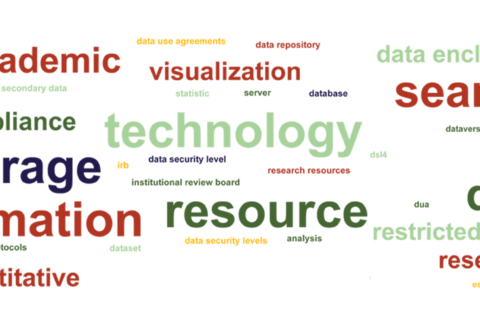Research Resources
Research Resources Provided by the HCPDS Research Core
The research core is comprised of a team of specialists based at HCPDS who support the interdisciplinary research efforts of the Pop Center’s faculty members, postdoctoral fellows, and affiliated researchers by providing the following resources:
Research Resources for Measuring Well-Being
Dictionary definitions have described well-being as characterizing something that is intrinsically valuable relative to an individual. The concept can refer either to a positive or negative experience although when it refers to a positive experience it has often been contrasted with ill-being. Numerous forms of well-being have been defined for the purposes of research, and a substantial body of work has begun to suggest that these forms of well-being can predict better physical health. Below, we have curated a non-exhaustive list of measures that can be used to assess forms of well-being, including objective well-being, subjective well-being, well-being at work.

